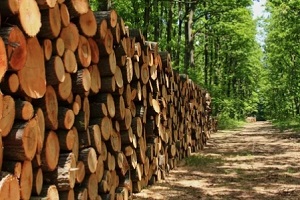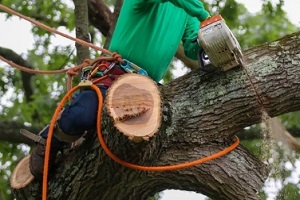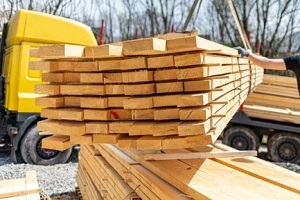
The forestry industry is complex and dangerous, bearing a higher risk than most other types of work in the United States. Because of this, carrying comprehensive insurance for the forestry industry that addresses the most common threats is non-negotiable for businesses operating in the forestry sector.
This may include logging companies, sawmill organizations, and more. However, it can be difficult to understand what types of activities and products are available to be insured because these policies are considered specialized and are often only mentioned when people specifically ask for them.
All forestry businesses should take advantage of some of the common protections, such as workers’ compensation, general liability, and commercial auto insurance.
Here are the types of specialized insurance for the forestry industry policies you may need to learn about for forestry, logging, and sawmill organizations, including what they cover and why they are significant for these subsectors.
Inland Marine Insurance
One of the most dangerous times in many forestry projects is moving timber. Sometimes, this requires large, complex machines to lift and place large logs, and in other instances, the risk primarily manifests once those logs are on their way to their final destination.
For forestry businesses that need protection while the timber they have harvested or treated is in transit, inland marine insurance is critical. Imagine, for instance, that you have harvested timber and sent it off for processing.
On the way to the processing facility, the truck hauling the cargo is involved in an accident, and the timber is destroyed. Inland marine insurance helps to cover the losses associated with the now unusable timber so that your company does not lose the value of the shipment.
Inland marine insurance is similar to cargo insurance; that is, cargo insurance is a type of inland marine coverage. Because inland marine covers more, it is smart to consider whether this policy is right for your situation.
Timber Insurance

Forestry companies focus much of their work on timber, which is a type of product that is rarely covered in other insurance policies. It can be devastating for a company to journey out to a tract of timber only to find that the wood is damaged or has already been logged by another business on by accident.
Timber insurance protects the acreage on which your business’ timber stands, and many policies are flexible, covering anywhere from 10 acres to more than one million. Without the timber, a forestry business can lose substantial funds, which standing timber insurance will help to cover.
Pollution Insurance
The large machines that are required in multiple forestry businesses, including skidders, fellers, and the variety of saws in a sawmill, can output substantial waste if an accident occurs or they are not properly maintained.
A heavyweight truck spilling oil out in a timber tract, for instance, may cause significant damage to the natural environment as that oil seeps into the ground and enters the water table. Companies that experience accidents such as this can be liable for damages without the protection of pollution insurance.
The cost of remediating such environmental mistakes can range from thousands to tens of thousands or more, depending on the severity of the event. Some pollution liability policies will also cover harm that comes to humans or property as a result of the polluting event.
Product Liability Insurance
Forestry is a risky business, from falling trees and rolling logs to the bladed saws that process wood into shapes ready for use. That is why such businesses rely on workers’ compensation insurance.
However, depending on the niche in which your company operates, you may benefit from additional protection on the products themselves. Sawmills in particular should take advantage of product liability coverage, because they are most closely connected to the wood itself as it is being used for its dedicated purpose.

For instance, if a sawmill creates the wood for a series of pallets, but then the pallets break in use and cause a collapse of merchandise that injures nearby workers, those workers may sue the sawmill for a defective product.
Product liability insurance shields sawmills from the financial challenges associated with paying for medical bills, repairs, and other costs should the wood they produce cause issues.
Get Specialized Insurance from Industry Experts
With so many difficulties unique to the forestry industry, securing comprehensive coverage without overpaying can feel like a daunting task. The professionals at Burton & Company specialize in insurance for the forestry industry and spend time getting to know our customers personally so that we can make individualized recommendations that best suit their needs.
Contact Burton & Company to discover our range of insurance products and build a comprehensive blend of coverage that is ideal for your business.
Burton & Company’s team of experienced insurance advisors will analyze your risks and offer you a tailored insurance plan that aligns with your requirements and budget. Contact us today to discover how we can secure your valuable assets and provide you with peace of mind, so you can focus on what truly matters.

